HTLC
Team
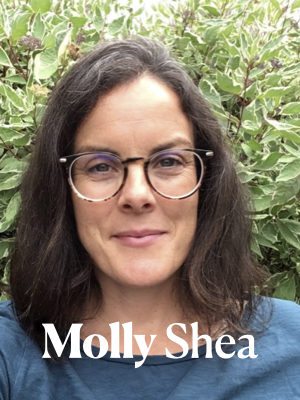
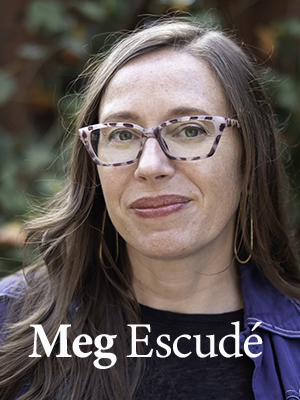
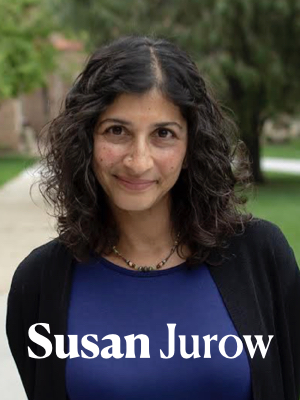
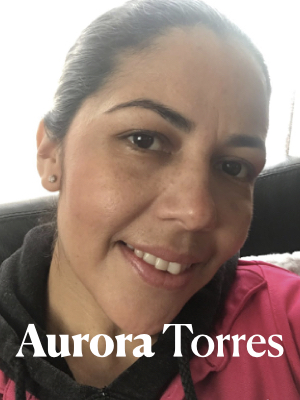
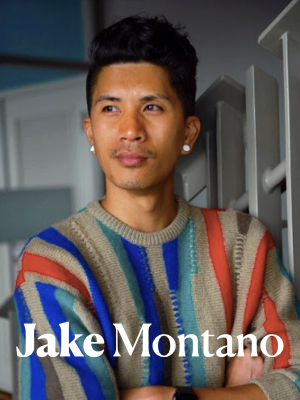
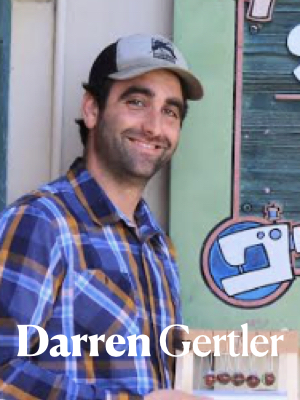
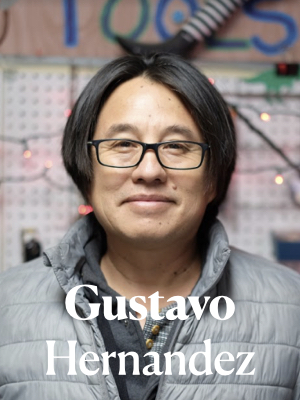
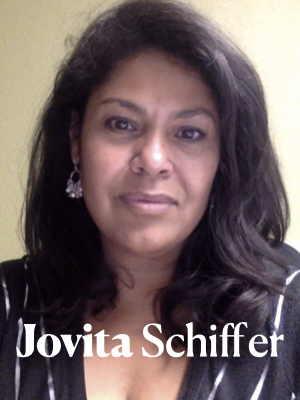
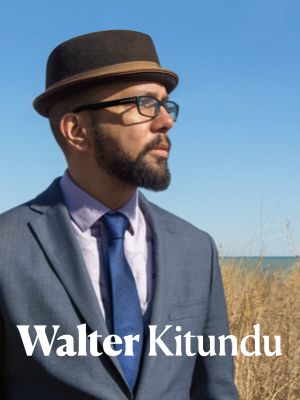
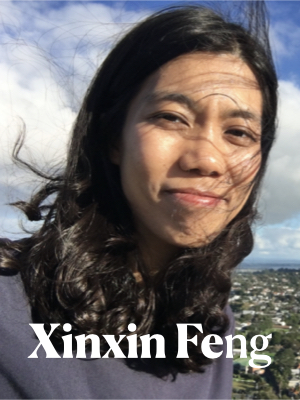
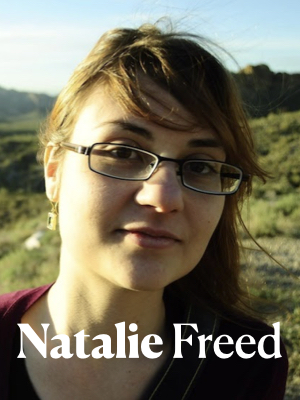
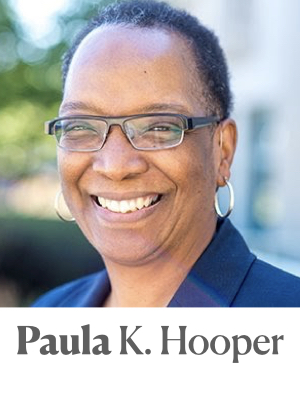
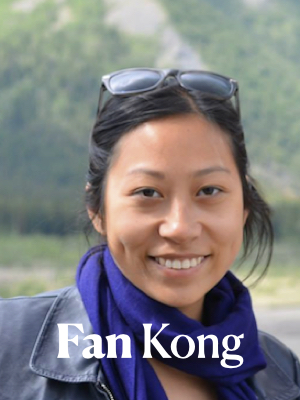
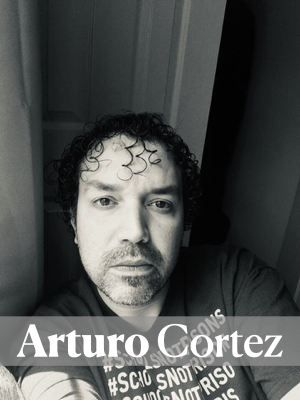
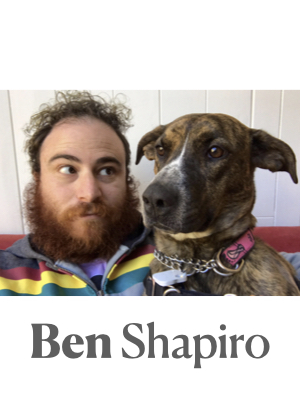
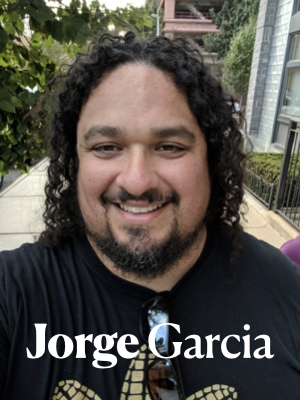
Susan Jurow was the director of the EPIC afterschool program in Lafayette, CO for 8 years. With her team of school partners, graduate and undergraduate students, and children she explored how learning and teaching could be creatively re-imagined to support equity. Jurow is also Professor of Learning Sciences & Human Development and the Associate Dean for Diversity and Community Engagement at the University of Colorado, Boulder.
Molly Shea is an Assistant Professor of Learning Science and Human Development at the University of Washington. She has been engaged in a community-based research partnership with afterschool science educators for the past 6 years and counting. Their work together focuses on researching equity-oriented pedagogy and designing for making practices that use familiar technologies together with newer digital tools. Her work attends to the material, political, and institutional formations of learning environments that people resist and re-envision in order to support dignity in learning.
Meg Escudé was the director of Community Youth Programs at the Exploratorium for 7 years and has been an educator in settings outside of schools for 12. She strives to create educational settings that honor the diverse ways in which children and youth express their brilliance, particularly in work that intersects STEM and art. She is currently a PhD student in the Learning Sciences at UC Berkeley. Lately Meg’s been making kites out of paper and recycled materials for windy, masked gathering with friends.
Aurora Torres is a community science educator who has been working with young people for 15 years. Qué tal, Soy Aurora Torres He servido al taller de ciencias por 15 años , este programa a cual disfruto mucho de cual aprendo cada día algo nuevo con los niños. Por que me he dado cuenta que nosotros los adultos aprendemos algo nuevo de los niños. Por eso me encanta trabajar con los niños.
Jake Montano is an educator, maker, drag artist, and community organizer who has lived in San Francisco since 2011. He is playfully engaged and seriously involved in uplifting youth connections to the arts and sciences, and in building communities. He is also first-generation Pilipino-American, and aim to center identity and heritage in his practice and performances. You can find Jake on hikes with his dog, prancing in drag for crowds, or whipping up meals when he is not hanging out with young people in learning spaces.
Darren Gertler is currently running the City of Watsonville Environmental Science Workshop. He came to this position after working as a classroom Science Teacher and Environmental Educator. Darren is a firm believer in letting his students be creative with any and all materials that are available to them.
Gustavo Hernandez is a community science educator who has been working with young people for 15 years. Hola! Im Jose Gustavo Hernandez coordinator of the Environmental Science Workshop. I am Mexican, but at the age of eight I was stationed in Watsonville, California. Yo soy quien soy y no me parezco a nadie. I have the best job in the whole world. I have mastered the technique of adapting to all the unique minds that enrich my life as they cross my path. When teaching kids I can see a part of me walking away. That’s why you will alway see me with a contagious smile. Everyone deserves a smile, and I believe smiles are still free.
Jovita Schiffer is the Partnership and Resource Manager at Alicia Sanchez Elementary School and has been the program director for the Dragon Discovery afterschool program for over 8 years. As a 21st Century Community Learning Center (CCLC) grant funded program, Dragon Discovery collaborates with several community partners to help address the opportunity and achievement gaps that many children in this underserved school community face. Schiffer is also a member of the 21st CCLC Advisory Board for the Colorado Department of Education, helping to inform statewide grant management policies and practices that impact the state administration of this out-of-school time grant.
Walter Kitundu is a multidisciplinary artist who focuses on sculpture and sound installation, public art and teaching. He builds extraordinary musical instruments and mechanical devices, while researching and documenting the natural world. Kitundu became a MacArthur Fellow in 2008. Kitundu is a visiting professor in the Sound Department at the School of the Art Institute of Chicago, adjunct Professor at Sierra Nevada College, and recently taught in Northwestern University’s Department of Art Theory and Practice.
Arturo Cortez is an Assistant Professor of Teacher Learning, Research & Practice and Learning Sciences & Human Development at the University of Colorado, Boulder. Broadly, Dr. Cortez’s work explores how teachers learn to collectively design environments that leverage the everyday cultural practices of nondominant youth. In his work with teachers, he intentionally designs for equity to understand the learning processes that emerge as teachers learn how to break away from dominant forms of schooling, opening up opportunities for new relationships between teachers, students, school administration, and community members. Dr. Cortez holds a Ph.D. from UC, Berkeley.
Ben Shapiro is the lead for AI Education at Apple, and an Assistant Professor of Computer Science and, by courtesy, of Learning Sciences and Human Development, at the University of Colorado Boulder. He dreams of more humane and creative educational futures.
Paula K. Hooper is an assistant professor of instruction in the Master of Science in Education program and Learning Sciences at Northwestern University. She received her PhD from the MIT Media Lab. Her research addresses how children come to understand computational ideas from a sociocultural perspective and how to support educators in the design of learning environments that use digital tools to engage all learners in learning through making. Paula carries on the legacy from her parents’ commitment to encourage young people of color to find and trust their strengths despite systems of oppression.
Fan Kong is a researcher and teaching artist rooted in Chinatown, New York City. Prior to the Coronavirus pandemic, she taught a weekly art therapy class for seniors citizens, focusing on creative expression, maintaining dexterity, and socialization. As an immigrant born in China but raised in Hong Kong, she works to build safe and inclusive spaces where youth and families can practice social change making through the arts, especially across languages and generations. She received her B.A. in Art History from Columbia University and M.Ed. in Learning Sciences and Human Development from the University of Washington.
Xinxin Feng is a doctoral student in Learning Sciences and Human Development at the University of Washington. Her passion lies at the intersection of multicultural education, learning environments and learning technologies. In the past 9 years, she has worked with immigrants in New York City, school teachers in China and young people across the world to creatively deal with challenges brought by cultural diversity in various settings. Lately she is occupied by a trilingual, multicultural-raised baby girl.
Natalie Freed is a doctoral student in STEM Education at the
University of Texas Austin, and works at the intersection of
education, hands-on making, and technology. She is particularly excited about coming up with ways to teach challenging STEM concepts through expressive crafts. Natalie graduated with an M.S. from the MIT Media Lab in 2012, where she worked in the Personal Robots Group. Natalie received her B.S. and M.S. in Computer Science with a concentration in Arts, Media, and Engineering from Arizona State University, in 2009/2010. She moved to San Francisco in 2012 for a fellowship in the New Media Studio at the San Francisco Exploratorium. She then joined Lick-Wilmerding High School’s Technical Arts program, where she started the new Computing track and taught computer science and digital fabrication.
University of Texas Austin, and works at the intersection of
education, hands-on making, and technology. She is particularly excited about coming up with ways to teach challenging STEM concepts through expressive crafts. Natalie graduated with an M.S. from the MIT Media Lab in 2012, where she worked in the Personal Robots Group. Natalie received her B.S. and M.S. in Computer Science with a concentration in Arts, Media, and Engineering from Arizona State University, in 2009/2010. She moved to San Francisco in 2012 for a fellowship in the New Media Studio at the San Francisco Exploratorium. She then joined Lick-Wilmerding High School’s Technical Arts program, where she started the new Computing track and taught computer science and digital fabrication.
Jorge Garcia has been a baker/owner, a co-founder of a cultural center, and a teaching co-founder of Oakland’s first small and autonomous school. He is inspired by learning at the margins, among the historically under-resourced and neglected. He now seeks joyful and generative learning spaces both in and out of school as he works towards a PhD in Learning Science and Technology Design at Stanford.
